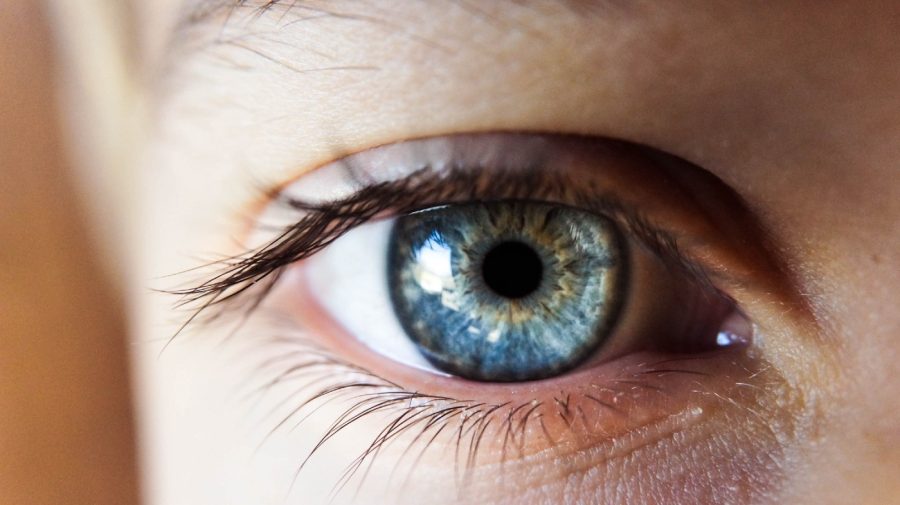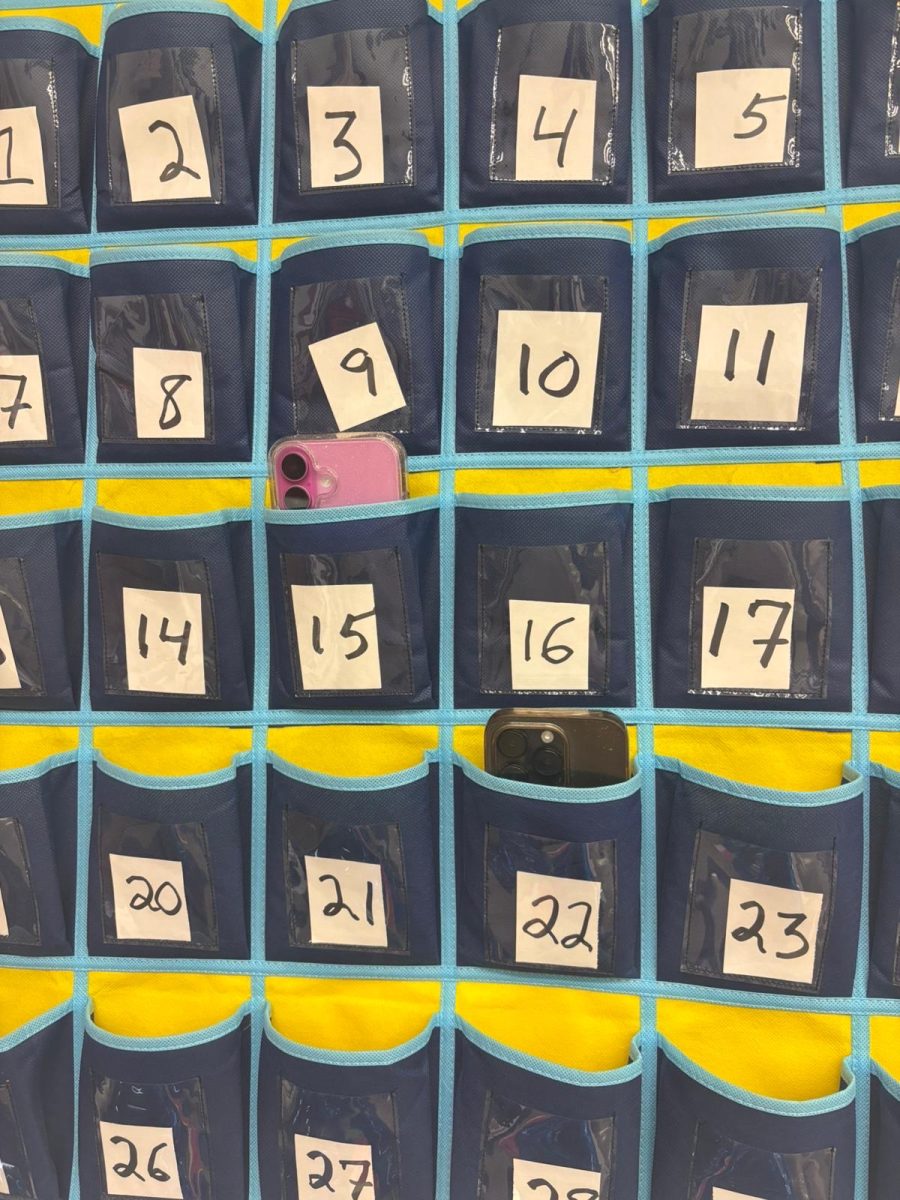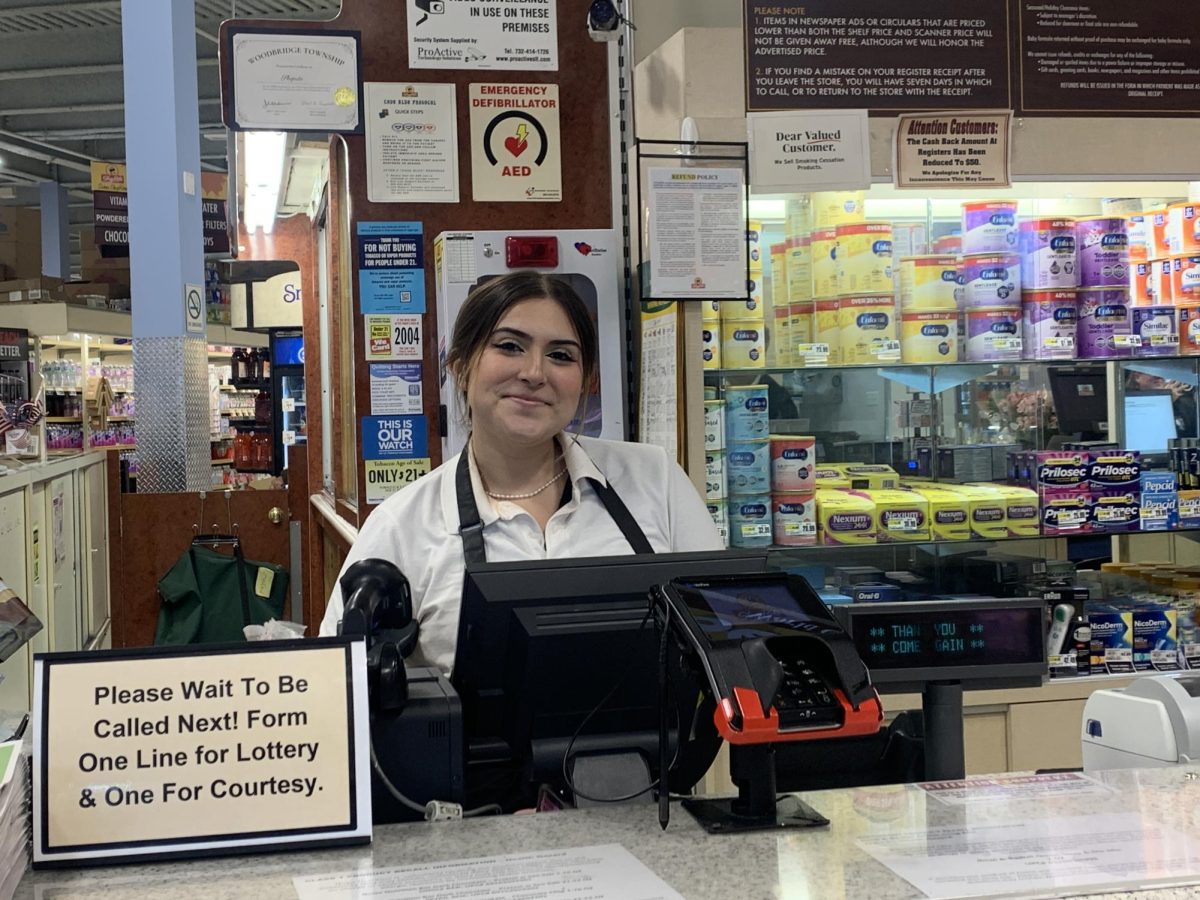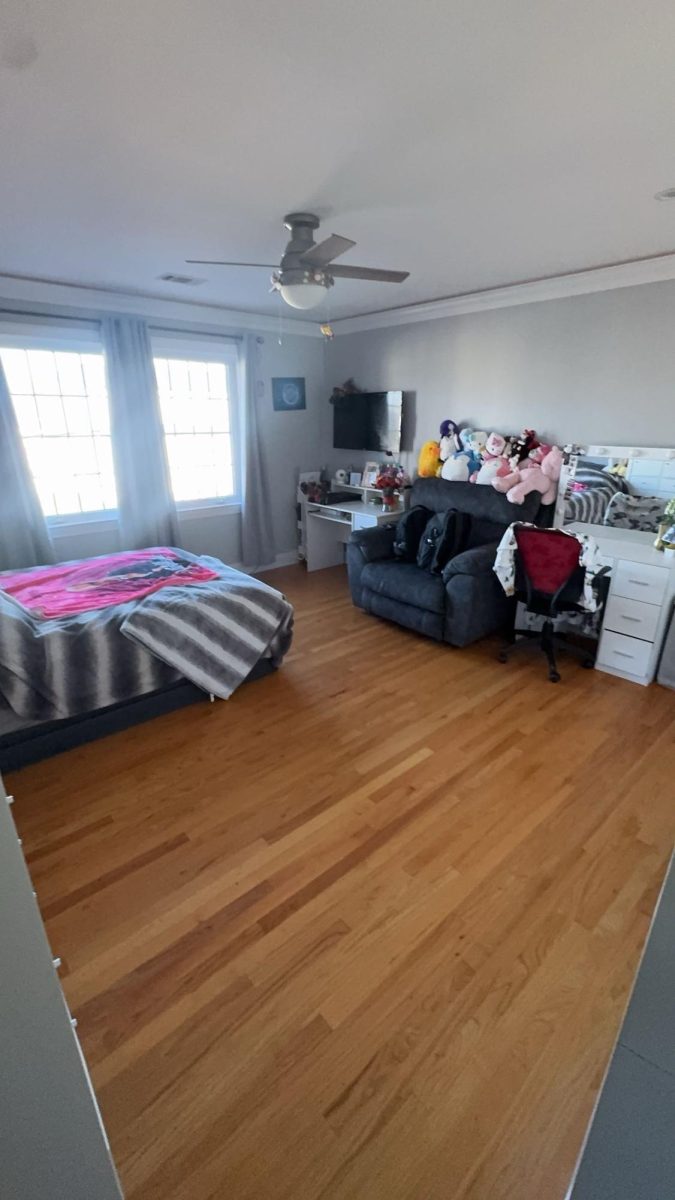Eye contact is a trait that most people don’t consider valuable. However, the action can ultimately judge one’s character. Contact does more than just improve understanding and communication- it develops trust and respect between two individuals.
During a Conversation
Eye contact during a conversation shows attentiveness and interest in the topic. Whether it’s during a job interview or throughout a simple conversation between a student and teacher, eye contact can eliminate misunderstandings and conflict. Avoiding contact can suggest that you are uninterested, nervous, or even intimidated. This can make the other person feel less than or even hurt by the way their peer is avoiding eye contact.
Eye Contact Anxiety
Eye contact can seem intimidating for those with social anxiety. This anxiety refers to the discomfort a person feels when looking at someone directly in the eyes. Furthermore, a person with communication anxiety may avoid making eye contact when talking to someone. Without a diagnosis of mental health, avoidance of contact may relate to shyness or a lack of confidence.
According to VeryWell Mind, “Often, people with a social anxiety disorder (SAD) describe looking someone in the eyes as anxiety-provoking and uncomfortable. This is likely due, in part, to genetic wiring.”
How to Overcome Anxiety
Everyone goes through varying levels of discomfort when it comes to maintaining eye contact. While some may take time and practice, most can learn to improve their skills and become better at making good and respectful connections.
Using a soft eye focus where one relaxes their eye muscles can help one rely on their gaze. Another tip to follow is the 50/70 rule. This can help measure the right amount of eye contact. Maintain eye contact 50% of the time when speaking, and 70% when listening.
Social Media Affect
I feel that social media increases online communication and decreases in-person communication. Society, particularly teens, are forced by normalities to hide behind screens and artificially communicate. Teenagers and young adults feel face-to-face communication is intimidating and often ver away from it. This is detrimental to not only their personal lives but their professional lives as well. Job interviews are more likely face to face where business people expect a proper connection between the prospect and the interviewer.
My Opinion
In my opinion, eye contact in conversations is crucial and should be looked at as a sense of respect. While social anxiety is something more of society has to face, people will never grow unless they take on challenges. I am a part of the generation where social media has always been our outlet and way of life. However, I make it a part of my day to practice better communication skills in which to help further my confidence.
Ultimately, people with eye contact anxiety must practice in order to feel more comfortable. One thing that has worked for me in the past was looking in the mirror for extended periods of time. This helped me prepare for future conversations and learn what worked for me in situations. Learning to better maintain eye focus in life is a skill that should not be taken for granted and should be practiced by those who feel less confident.













